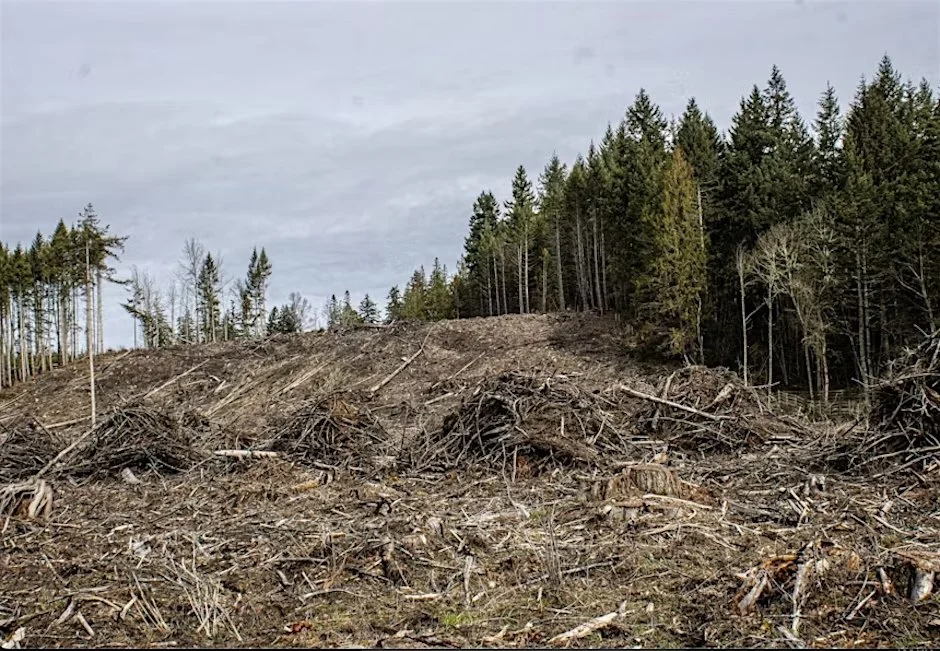When: Friday, May 16, 12:30 - 1:30 PM
Where: Virtual
Fee: FREE, but registration is required
The Endangered Species Act has protected wildlife and the places they call home for over fifty years. This year, the ESA's critical work is under attack by a proposal from the current administration which proposes that habitat destruction doesn't count as "harm" under the Endangered Species Act.
If this rule passes, logging, drilling, construction and more will be allowed without any review of the impacts on habitat for endangered or threatened species, which is a key component of the ESA.
There is an active public comment period through May 19th on this proposed rule and we encourage you to join us virtually on Endangered Species Day (May 16th) to hear more about the proposed rule and to virtually submit public comment. No prior experience with writing public comments is needed, all are welcome!
You can see the rule language here: https://public-inspection.federalregister.gov/2025-06746.pdf
At this webinar, we will go over the following:
Brief history of the ESA and some examples of success stories;
Information on the proposed rule and what that means for birds;
Time to craft your own public comment and submit;
Engage with a community that cares deeply about protecting habitat for wildife.
Joining NVBA in leading this presentation is Michael Horton:
Michael is an Endangered Species, Habitat Restoration, and Landscape Conservation Planner with 40 years of experience, including 25 years at the U.S. Fish and Wildlife Service. During his time with the FWS Michael worked to manage and conserve old growth forests in the Pacific Northwest; vernal pool wetlands and valley floor habitats along with associated amphibian, reptile, mammalian, and bird species in northern and central California; and forested and wetland habitats throughout the northeastern U.S., where he was the Regional Habitat Restoration Coordinator.
As Habitat Restoration Coordinator, Michael coordinated landscape conservation and invasive species control strategies from North Carolina through Maine. During his last 16 years with the Fish and Wildlife Service, Michael worked in the Washington, D.C. headquarters office on legal, policy, and regulatory issues as their National Section 7 Coordinator, and led the creation of the Service’s online Information for Planning and Consultation decision support system (IPaC).
Since accepting an “early-out” in 2015, Michael has formed his own conservation consulting company, Integrated Planning and Conservation Associates (IPaCA), and now works to facilitate conservation solutions both within the U.S. and around the globe.

